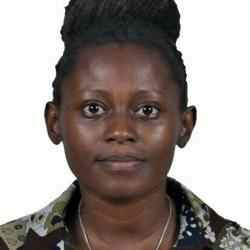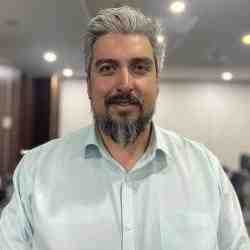Introduction
Teresa Zorrilla has set up a national network of indigenous health projects with the aim of providing training and evaluation for health promoters from different ethnic backgrounds.
The New Idea
Zorrilla's program, called Health in the Hands of the People, in Spanish ' Salud en Manos del Pueblo,' reaches out to indigenous groups from all over Mexico, principally the states of Hidalgo, Chihuahua, Michoacan, Veracruz, Oaxaca and Puebla, where Nahuatl, Tarahumara, Purepecha, Mixe, Totonac, Zapotec and Otomie Indians live. Her basic concern is to bring isolated groups together for training and evaluation by means of community, regional and national workshops dealing with different aspects of health care.
The Problem
The indigenous regions of Mexico are the most isolated in the country. Historically, and for reasons of cultural defense, Mexico's ethnic groups were pushed further and further into the most inaccessible terrain. Social and geographical isolation, however, also left them on the margin of educational and health services. And their devastating poverty has had an undermining effect on nutritional and health standards.
The insufficiency of public health services, moreover, has meant that although health standards are low in these communities with high incidence of infant mortality, parasitosis, malnutrition and tuberculosis, they are at the same time those with least access to medical care.
And although there are traditional healers or 'curanderos,' they lack understanding of modern medicine and often needlessly inject chronically sick people with vitamins and antibiotics. Yet they have an empirical understanding of healing plants which could be systematized for the benefit of the communities.
In the past few years many small groups of health promoters have been formed in the indigenous regions. However, given their isolation and lack of medical knowledge, what they need is to benefit from other's experience and explain and systematize their own. This is the gap that Zorrilla hopes to fill.
The Strategy
Health in the Hands of the People arose from the demand for training among local health groups participating in the National Movement for Popular Health. Zorrilla's strategy is a response to this demand, for it was the indigenous groups who were most active in requesting health education.
Zorrilla uses a method common to the popular education movement in Latin America. There are three basic strands to this approach; firstly, participatory research: It is the communities and the health promoters who analyze their common problems as part of the educational process itself and to provide the basic core of information on which to begin building a health service; secondly, self-evaluation: through the exchange and support system which she is setting up, Zorrilla hopes groups will evaluate their own successes and failures and learn from others on how to improve their services. The third strand is what she calls "appropriate technology:" in this context, the bringing together and integration of different elements of traditional and modern medicine in a way defined by each health group.
The Person
Teresa Zorrilla became interested in social medicine when, at secondary school, she organized a group of fellow students to work with a fishermen's cooperative. It was then that she became aware of the lack of medical services in rural communities and of the need for them. At the medical facility, she started up a newspaper and coordinated a plan to take medical care to peasant communities.
Zorrilla's formative experience in the area of indigenous medicine came when she worked as Director of the Tarahumara Hospital in the Sierra of Chihuahua from 1984-6. It was after these two years that she decided to organize a special course on the problem of maternal health and child nutrition at the Institute of Pediatrics in Mexico City, getting them to waive fees and obtaining financial support from family and friends.
However, when Zorrilla wanted to go back to Chihuahua, she found that she faced hostility in the form of machismo. "No woman wants to go and work with the Tarahumaras" she was told. It was then that Zorrilla began work on the Health in the Hands of the People program. This has brought her both personal and professional recognition throughout Mexico.




